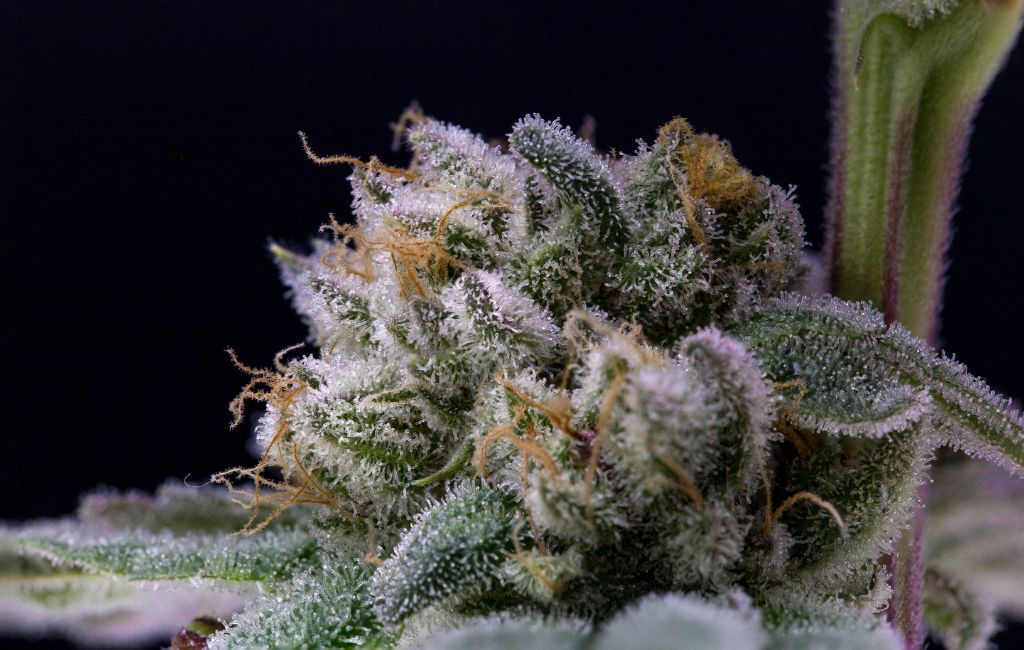THCa Flower: The Hidden Gem of Cannabis for Wellness
In recent years, the cannabis industry has seen a surge in interest and research, leading to the discovery of various compounds with potential health benefits. One such compound is THCa, or tetrahydrocannabinolic acid, which is gaining attention for its unique properties and potential wellness applications. This article explores the benefits, uses, and scientific backing of THCa flower, positioning it as a promising option for those seeking natural wellness solutions.
Understanding THCa: What Is It?
THCa is a non-psychoactive cannabinoid found in raw and live cannabis plants. Unlike THC, which is known for its psychoactive effects, THCa does not produce a “high” when consumed in its raw form. This makes it an attractive option for individuals looking to experience the therapeutic benefits of cannabis without the mind-altering effects.
How THCa Converts to THC
THCa is the precursor to THC. When cannabis is heated through smoking, vaping, or cooking, a process called decarboxylation occurs, converting THCa into THC. This transformation is what gives THC its psychoactive properties. Consuming raw cannabis or THCa flower allows users to benefit from the cannabinoid’s properties without experiencing the psychoactive effects associated with THC.
Potential Health Benefits of THCa
Research into THCa is still in its early stages, but preliminary studies and anecdotal evidence suggest several potential health benefits:
- Anti-inflammatory Properties: THCa has shown promise in reducing inflammation, which can be beneficial for conditions such as arthritis and other inflammatory diseases.
- Neuroprotective Effects: Some studies indicate that THCa may have neuroprotective properties, potentially aiding in the prevention of neurodegenerative diseases like Alzheimer’s and Parkinson’s.
- Anti-emetic Benefits: THCa may help reduce nausea and vomiting, making it a potential option for individuals undergoing chemotherapy or those with chronic gastrointestinal issues.
- Antioxidant Properties: The antioxidant effects of THCa could contribute to overall health and wellness by combating oxidative stress and reducing the risk of chronic diseases.
Case Studies and Research
Several studies and case reports have highlighted the potential benefits of THCa:
Anti-inflammatory Effects
A study published in the “Journal of Pharmacology and Experimental Therapeutics” found that THCa exhibited significant anti-inflammatory effects in animal models. The researchers concluded that THCa could be a promising therapeutic agent for treating inflammation-related conditions.
Neuroprotective Properties
Research conducted by the “British Journal of Pharmacology” demonstrated that THCa has neuroprotective effects in cell cultures. The study suggested that THCa could help protect neurons from damage and degeneration, offering potential benefits for neurodegenerative diseases.
Anti-emetic Benefits
Anecdotal evidence from patients undergoing chemotherapy has indicated that THCa may help reduce nausea and vomiting. While more clinical trials are needed, these reports provide a promising outlook for THCa as an anti-emetic agent.
How to Use THCa Flower
There are several ways to incorporate THCa flower into a wellness routine:
- Raw Consumption: One of the simplest methods is to consume the flower raw. This can be done by adding it to smoothies, salads, or other dishes.
- Juicing: Juicing raw cannabis leaves and flowers is another popular method. This allows for the consumption of THCa in its purest form.
- Tinctures and Oils: THCa can be extracted and used in tinctures or oils, providing a convenient way to measure and consume precise doses.
- Topicals: THCa-infused topicals can be applied directly to the skin, offering localized relief for inflammation and pain.
Legal Considerations
The legal status of THCa varies by region. In some areas, THCa is considered legal as long as it is not decarboxylated into THC. It is important to research and understand the regulations in your area before purchasing or using THCa products.
Consumer Experiences
Many individuals have reported positive experiences with THCa flower. For example, a patient with chronic arthritis shared that incorporating THCa into their daily routine significantly reduced their pain and inflammation, allowing them to reduce their reliance on prescription medications. Another user with a history of migraines found that THCa helped alleviate their symptoms without the side effects associated with traditional migraine medications.
Conclusion
THCa flower represents a promising option for those seeking natural wellness solutions. With its potential anti-inflammatory, neuroprotective, anti-emetic, and antioxidant properties, THCa offers a range of benefits without the psychoactive effects of THC. As research continues to uncover the full potential of this cannabinoid, THCa may become a valuable addition to the wellness routines of many individuals. Whether consumed raw, juiced, or used in tinctures and topicals, THCa flower provides a versatile and accessible way to experience the therapeutic benefits of cannabis.
